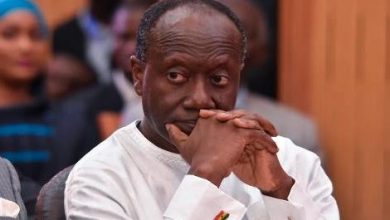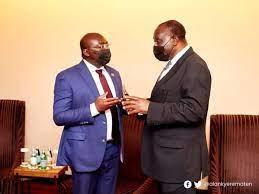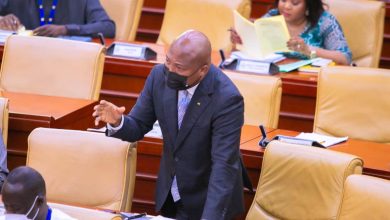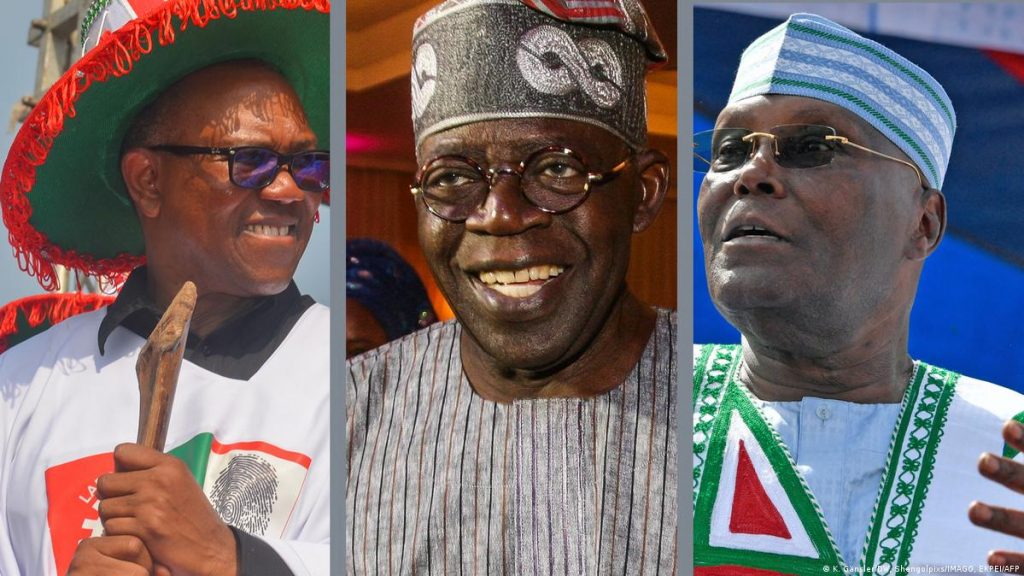
Every four years, Nigeria like most democratic states in Africa go to the polls to elect a new president. And like most democratic states, their elections are always between two major parties with the other lesser-known parties fighting not to get zero votes.
But this year for the first time in forever, a third candidate has risen from the ashes of the frustrations and disappointments of the average Nigerian to be in pole position to break the curse of Nigeria being a two-party state. The fortunes of the political landscape of West Africa depend majorly on the outcome of this election.
If a third party can win this election by a stroke of divine luck, the system whereby two parties get to rule a country will be shaken, and outsiders will have faith that with a well-structured campaign and a touch of Nang Kwak, they too can become presidents.
The three main contestants for the upcoming elections are Atiku Abubakar of the People’s Democratic Party (PDP), Bola Tinubu of the All-Progressive Congress (APC) and the third contestant who is most likely to cause an upset Peter Obi of the Labour Party (LP).
Atiku Abubakar (76), a past Vice President, is standing for president for the sixth time. His first try occurred in 1992. The business magnate served two terms as former President Olusegun Obasanjo’s successor and is credited with implementing critical sector changes that helped spark economic development. When Buhari was still in politics, Abubakar’s chances to win the presidency were seen as slim.
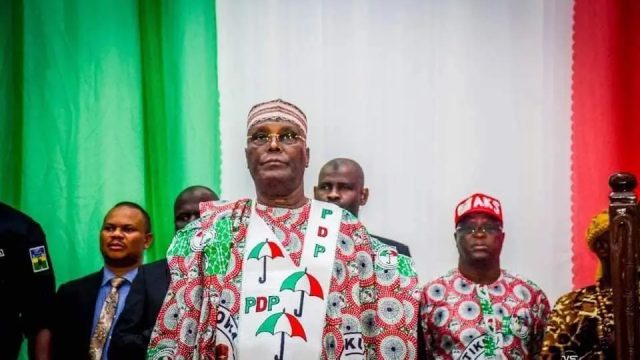
But with the current president out of the competition after two consecutive terms, Abubakar now hopes to win the polls in the north, where the largest blocks of voters reside. He has, however, been charged with different counts of corruption, all of which he disputes.
He is competing for the People’s Democratic Party (PDP) and has chosen Ifeanyi Arthur Okowa for his running mate, a Christian governor from the oil-producing Delta state, hoping to thereby generate support in the largely Christian south.
This is all the more important, as there is a feeling among southern governors that it was their turn to present a candidate for the presidency after a northerner held office for the past two terms.
Bola Tinubu is a former Lagos state governor who is attributed with drawing foreign investment and improving public transportation. He briefly served as a senator in the early 1990s and is running for president for the first time on the platform of the governing All Progressives Congress (APC). A co-founder of the All-Progressives Congress in 2013 alongside outgoing President Muhammadu Buhari, the 70-year-old likes to expound on his role as kingmaker. But now, he said, “it’s my turn.”

While he faces some stiff competition, he has the major advantage of being able to use the state apparatus to mobilize support for the incumbent party in power. He is accused of different forms of corruption and has even been connected to drug trafficking claims in the United States, all of which he disputes.
To counteract reports of his poor health, the 70-year-old has also published a film of himself riding an exercise bike. Tinubu’s running mate is Kashim Shettima, a Muslim and former governor from northeastern Borno state. The choice was aimed at attracting voters in the predominantly Muslim North. However, the decision has upset many Christians, who regard it as a break with the tradition of having a mixed-faith ticket.
Peter Obi, a past governor of south-eastern Anambra state with a solid track record, has an active social media following and touted as the leader of the youth. He has framed himself as the anti-establishment candidate in hopes of harnessing votes among those who feel anger at the status quo. The 61-year-old bills himself as “Mr. Clean,” in comparison to many Nigerian lawmakers who are accused of using their positions in government to steal money.
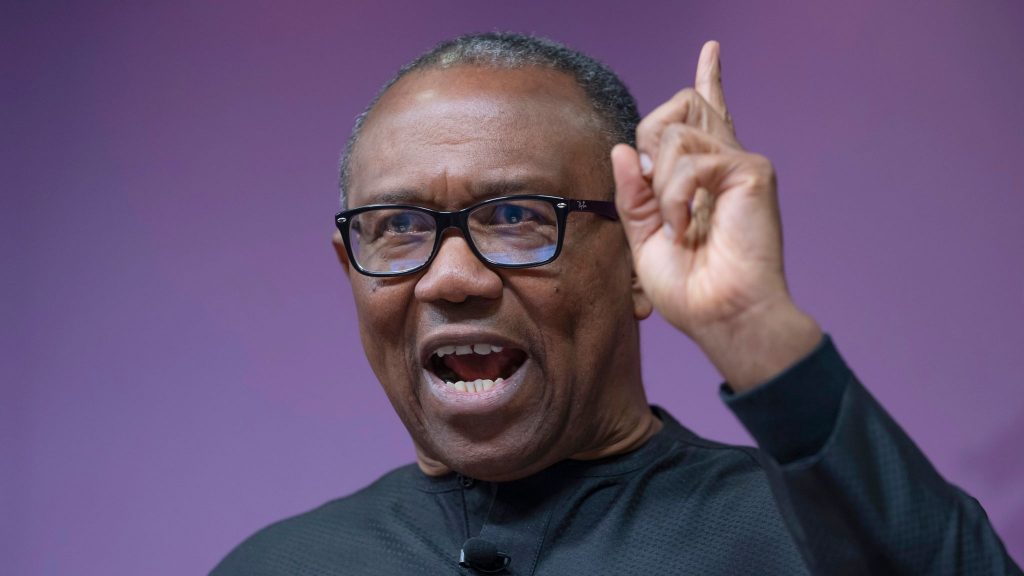
However, he has been accused of tax evasion and was named in the Pandora Papers, despite his claim that he has done nothing illegal. Some recent polls have seen Obi ahead in the race, but experts caution that these surveys are flawed, as many Nigerians refuse to disclose whom they are voting for. A high voter turnout could significantly bolster his chances of winning in a country which is notorious for apathy at the polls, analysts have said.
According to the Nigerian Electoral Commission, only 35% of registered voters went to the ballot boxes in 2019.
He was the PDP’s vice-presidential nominee in 2019 alongside Atiku Abubakar, but he moved to the Labour Party last year (LP).
Obi has also stated his conviction that this time around, Nigerian voters would eschew religious, ethnic and tribal loyalties which typically help the major parties dominate elections.
But to be on the safe side, he has chosen Yusuf Baba-Ahmed as his running mate, an economist and former senator from the northern Kaduna state.
Out of the 18 candidates, these 3 are the front runners and may the best man win.
Author-Ahanta Bred


